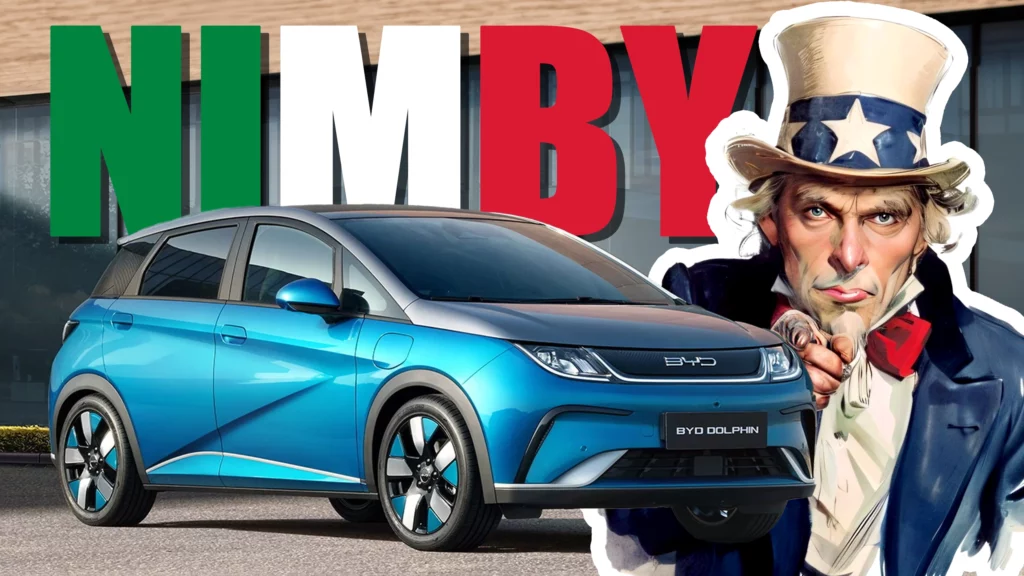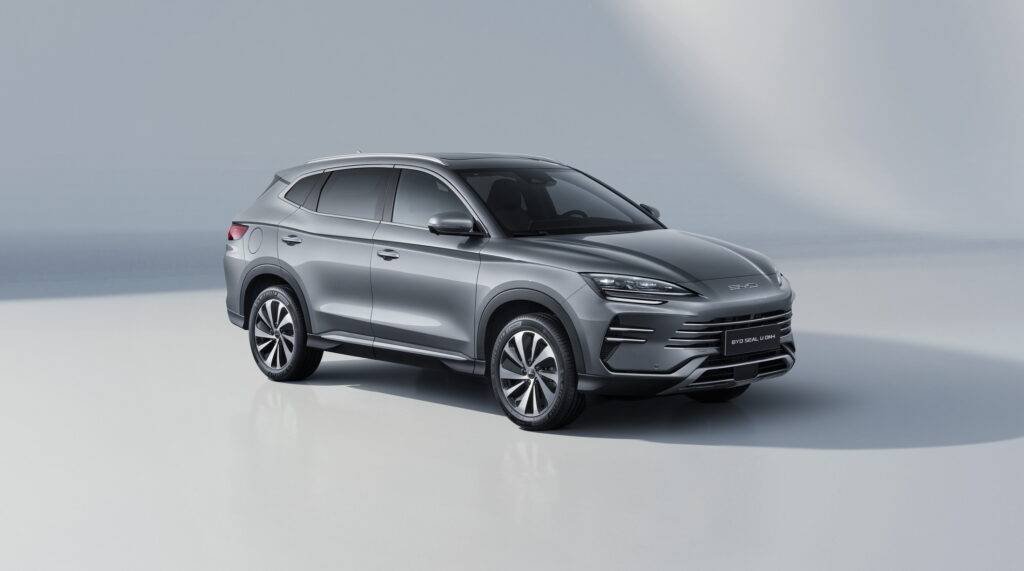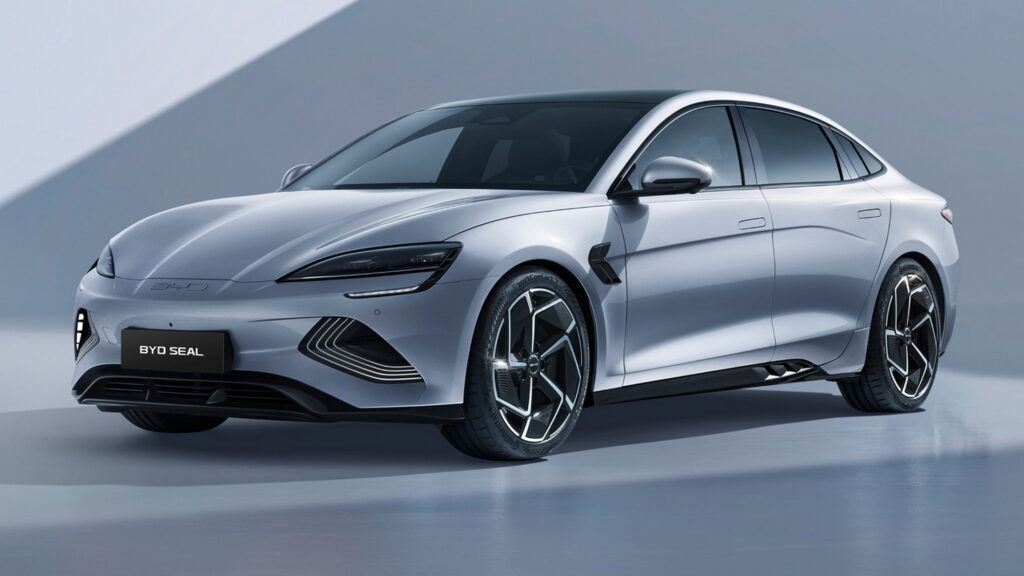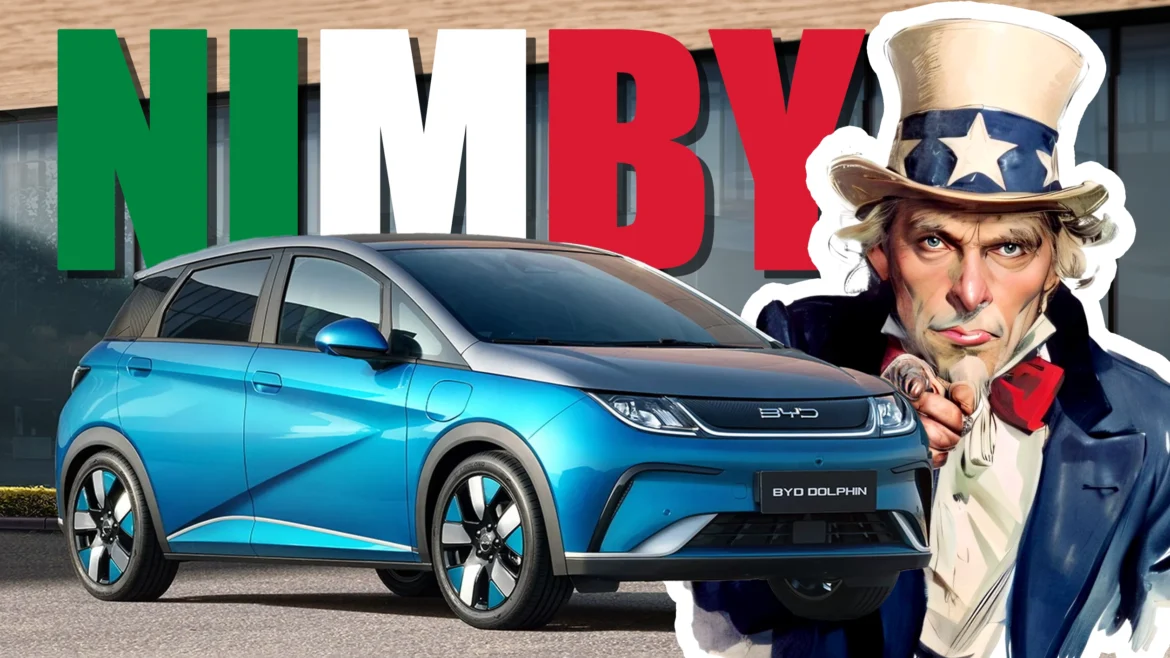The U.S. doesn’t want Chinese automakers to use Mexico to avoid tariffs

- Facing pressure from the U.S., Mexico has reportedly stopped offering Chinese automakers federal incentives to set up manufacturing plants.
- American officials fear that automakers from China might use Mexico as a way to circumvent import tariffs.
- Companies like BYD have reportedly pivoted, and are now looking for incentives from Mexican state governments.
The Mexican federal government will halt incentives to automakers from China following pressure for the U.S. Fears have arisen that America’s southern neighbor may allow Chinese automakers to circumvent tariffs.
Although 20 automakers from the Asian country now sell vehicles in Mexico, none has yet established a manufacturing plant there. Historically, the Latin American country has offered foreign automakers attractive incentives, such as free land, water, and energy to entice them into establishing manufacturing facilities there.
Read: Biden Says Chinese Cars Coming Over The Border From Mexico Could Spy On Americans
However, at the last meeting between top government officials and Chinese automaker BYD, Mexico explained that it would not be offering incentives, unnamed sources told Reuters. It added that it would be pausing all future meetings with automakers from China.
Sources said that the decision was made as a result of pressure from the Office of the United States Trade Representative. The office was reportedly trying to keep Chinese automakers out of the North American free trade zone.
Although it did not confirm that it had a role in ending incentives, the office did tell Reuters that the United States-Mexico-Canada Agreement (USMCA) was not supposed to “provide a back door to China and others who may be seeking to access our market without paying […] tariffs.”

Chinese automakers are looking to expand into new markets. However, there are fears that subsidies from the Chinese government give them an unfair advantage over European and American automakers, allowing them to sell electric vehicles at prices their competitors cannot match.
Although companies like Hongqi, Dongfeng, and Xpeng have started breaking into Europe, they have been kept out of the U.S. due to a 27.5 percent import tariff. American officials want more, though. Industry representatives have asked the White House to take further action to make Chinese automakers uncompetitive in the market. Senator Marco Rubio proposed legislation last month to increase import tariffs on Chinese EVs.
Mexico has become a concern for the industry. If a company like BYD established a plant there, and 75 percent of the core parts in its vehicles were sourced from North America, it could avoid tariffs altogether.
A source told Reuters that even though incentives from the Mexican federal government have dried up, BYD has turned to state governments for help setting up shop. Although they can’t offer as much, states like Nuevo Leon have helped automakers in the past. It encouraged Tesla to establish a plant within its borders by offering it $153 million in incentives.
While Chinese automakers may help the Mexican economy, officials said they were worried about angering the U.S. That fear is particularly acute as the USMCA is up for revision in 2026.



